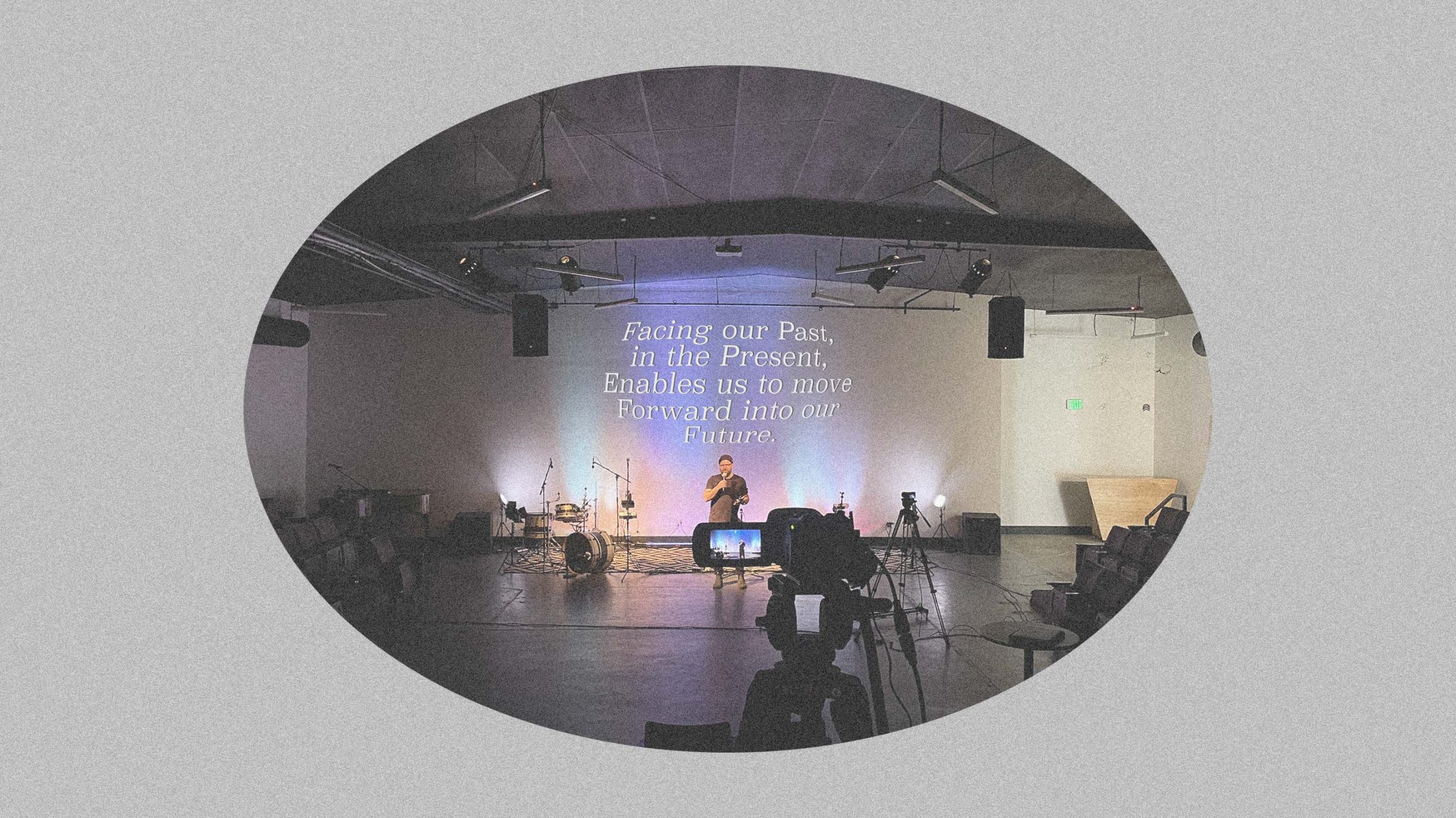The Bahá’í teachings encompass a diverse array of principles that guide adherents in their quest for spiritual and social advancement. One potent theme within these teachings emphasizes the significance of confronting the past as a mechanism for propelling oneself into a more enlightened future. This article elucidates the multifaceted dimensions of this principle, offering insight into its implications for personal growth, communal development, and the wider societal context.
1. The Philosophical Underpinnings of Facing the Past
At the core of Bahá’í philosophy lies an acknowledgment of the intricate connection between past experiences and future aspirations. Confronting one’s history involves a profound engagement with personal and collective narratives. By earnestly reflecting on these experiences, individuals cultivate a heightened awareness of their internal landscapes, allowing for transformative insights that facilitate growth. The Bahá’í writings suggest that a failure to reckon with one’s past may result in stagnation, hindering progress not only for the individual but also for surrounding communities.
2. Personal Accountability and Growth
A crucial aspect of facing the past involves personal accountability. The act of examining one’s actions—both commendable and regrettable—fosters a sense of responsibility. This introspection is essential in the Bahá’í context, where the pursuit of virtues, such as humility and justice, is paramount. Engaging with one’s past enables individuals to pinpoint areas necessitating improvement, facilitating an authentic journey of self-betterment. Moreover, such accountability underscores the interconnectedness of individual actions and their broader societal ramifications.
3. Healing Through Reflection
Healing is a recurrent motif in the exploration of the past. Bahá’ís are encouraged to embrace reflection as a path toward healing personal and communal wounds. The teachings propose that by acknowledging pain, regret, or injustice, members of the community can release emotional burdens, thus fostering an environment conducive to reconciliation. The communal process of facing shared histories—be it the struggles against oppression or the triumphs over adversity—facilitates collective healing. Such experiences forge stronger bonds, transcending grievances to cultivate unity and collaboration.
4. Transforming Historical Narratives
Confronting the past also entails the meticulous examination and, when necessary, the re-evaluation of historical narratives. The Bahá’í teachings advocate for critical engagement with history, urging followers to discern lessons that can illuminate future actions. Acknowledging historical injustices—whether rooted in prejudice, inequality, or conflict—serves as a catalyst for transformative actions. The reframing of these narratives into pedagogical tools can empower future generations to foster a more equitable and harmonious society.
5. Lessons on Forgiveness
Integral to the process of facing the past is the notion of forgiveness. In the Bahá’í perspective, forgiveness is not synonymous with absolution but rather an empowered act that liberates the forgiver from the shackles of resentment. Engaging with past grievances allows individuals to transcend the cyclical nature of anger and regret, thus transforming bitterness into compassion. The teachings emphasize that true progress is rooted in the capacity to forgive, which is essential for both personal elevation and communal harmony.
6. The Role of Education in Progress
Education emerges as a fundamental tenet that intersects with the concept of facing the past. The Bahá’í writings posit that education serves not only to equip individuals with knowledge but also to instill a sense of historical consciousness. Through an informed understanding of past injustices—be it social, cultural, or political—individuals are better prepared to engage constructively with contemporary challenges. Educational initiatives that promote critical thinking enable the reconceptualization of past events, fostering a collective ethos aimed at addressing the root causes of discord and inequity.
7. Envisioning a Future Built on Inclusivity
As Bahá’í teachings encourage followers to confront their past, they are simultaneously called to envision a future characterized by inclusivity and understanding. The lessons derived from introspection—whether at an individual or communal level—serve as foundational pillars for establishing a just society. The aspiration for global unity demands that adherents work collaboratively while acknowledging and respecting diverse histories and experiences. This inclusivity, borne out of facing the past, ultimately engenders resilience and fortitude within communities.
8. The Intersection of Faith and Action
The call to action is a prevalent theme within Bahá’í teachings. Facing the past is inherently tied to the imperative for social action. Individuals are regarded as agents of change, whose engagement with their own histories can spark movements that bridge divisions and foster understanding. This perspective transcends mere reflection, moving into active participation in socioeconomic and humanitarian endeavors that address the legacies of the past.
9. Conclusion: The Imperative of Facing the Past
In conclusion, facing the past is an indispensable tenet of Bahá’í teachings that catalyzes personal and communal transformation. By fostering accountability, promoting healing, revising historical narratives, and encouraging forgiveness, individuals can navigate the complexities of their experiences. Education plays a vital role in this process, shaping a vision for an inclusive future. Moreover, the integration of faith and action compels adherents to become agents of change. Embracing the past, thus, becomes not merely a reflective act but an essential pathway toward realizing the Bahá’í vision of a united humanity. The teachings propose that only through such acknowledgment can true progress be attained, illuminating the path forward into a brighter future.
